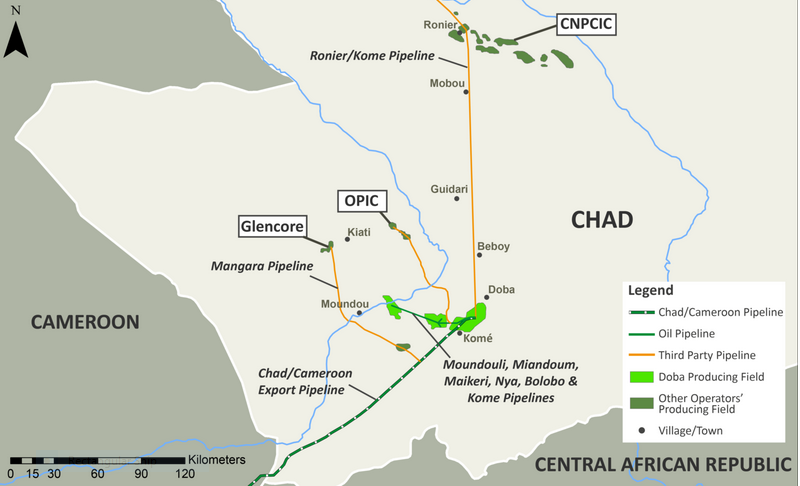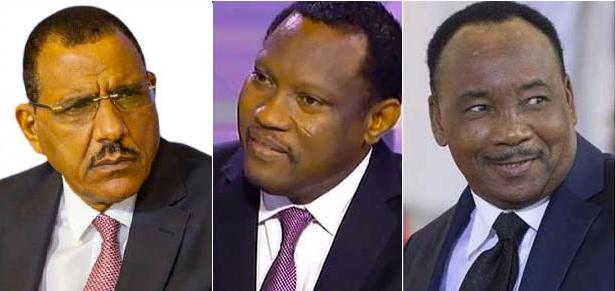
ExxonMobil’s stake in Chadian blocks and pipeline sold to Savannah Energy
After finalised the sale of its stakes in the county to Savannah Energy last month, ExxonMobil has pulled out of Chad but no agreement has been reached on its final tax settlement. Its last employees flew out of Chad on 9 December a few hours before Savannah Energy issued a press release confirming that it had acquired the 40% stake in the seven Doba fields in the south producing some 28,000 b/d and in the pipeline to Kribi on Cameroon’s Atlantic coast. Savannah paid US$407 million but this does not mean that ExxonMobil is now completely done with Chad.
On 13 December, the finance and oil ministries issued their own joint statement asserting that the pre-emptive rights of the state-owned Société des Hydrocarbures du Tchad (SHT) had been infringed and that the state had not given its approval for the transaction. In private, the authorities are saying that SHT could have secured funds from Savannah’s rival Perenco which suggests that an alternative deal may have been be in the offing.
ExxonMobil had hoped to obtain a final tax certificate before departing from the country but the government is understood to have been asking for US$160 million before it would issue the document. This amount was reportedly insisted upon during the rare meetings between the company’s country president Cécile Rauline, and the powerful finance minister, Tahir Hamid Nguilin. The latter is reportedly not backing down and has the full support of Idriss Youssouf Boy who is the Déby’s most trusted unofficial adviser. His former private secretary had turned down ExxonMobil’s offer of between US$20-US$25 million and no compromise has yet been achievable.
From Savannah’s point of view it is a very good deal. Doba’s production has fallen considerably over the last decade — from over 100,000 b/d in 2003 — but the pipeline to Kribi is still transporting over 124,000 b/d thanks to the output produced by China National Petroleum Corp (CNPC), which pays transit fees. The pipeline’s other shareholders are Petronas, which is also selling up, and the Chadian and Cameroonian governments.
This excerpt is taken from Sahara Focus, our monthly intelligence report on the Sahara region. Click here to receive a free sample copy.


